My mother in law just sent this email to me:
I just came back from the store and they got a new list of recalled cat and dog food. It now includes some dry food and snacks or treats. Probably it would be best to give a call to the number on anything you keep regularly on the shelf for your pets and get a heads up before accidentally poisoning your furry children.
I wrote back asking what brands...maybe she saw a brand that sells both dry and wet and assumed it was both? I'm just curious if anyone else had heard of this.
~Kimmy, Zam, Logan, Raptor, Nimrod, Mei, Jasper, Esme, & Lucy Inara
RIP Kia, Chipper, Morla, & June







 Reply With Quote
Reply With Quote Phred on 3/21/2007
Phred on 3/21/2007 He's pretty sensitive about food so I figured it was just the food not agreeing with him, but I thought I'd check just in case.
He's pretty sensitive about food so I figured it was just the food not agreeing with him, but I thought I'd check just in case.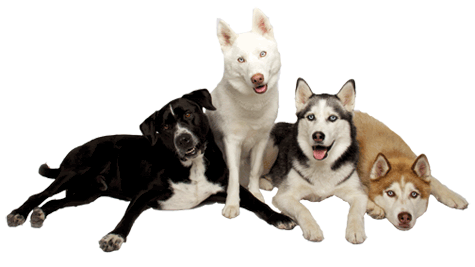


 }} Anybody care to believe that?? ]
}} Anybody care to believe that?? ]



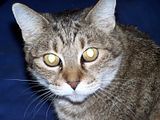
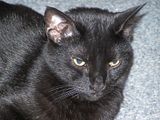
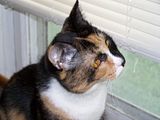
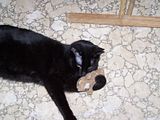


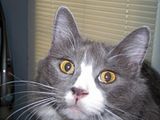

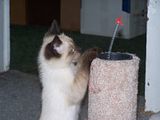


Bookmarks